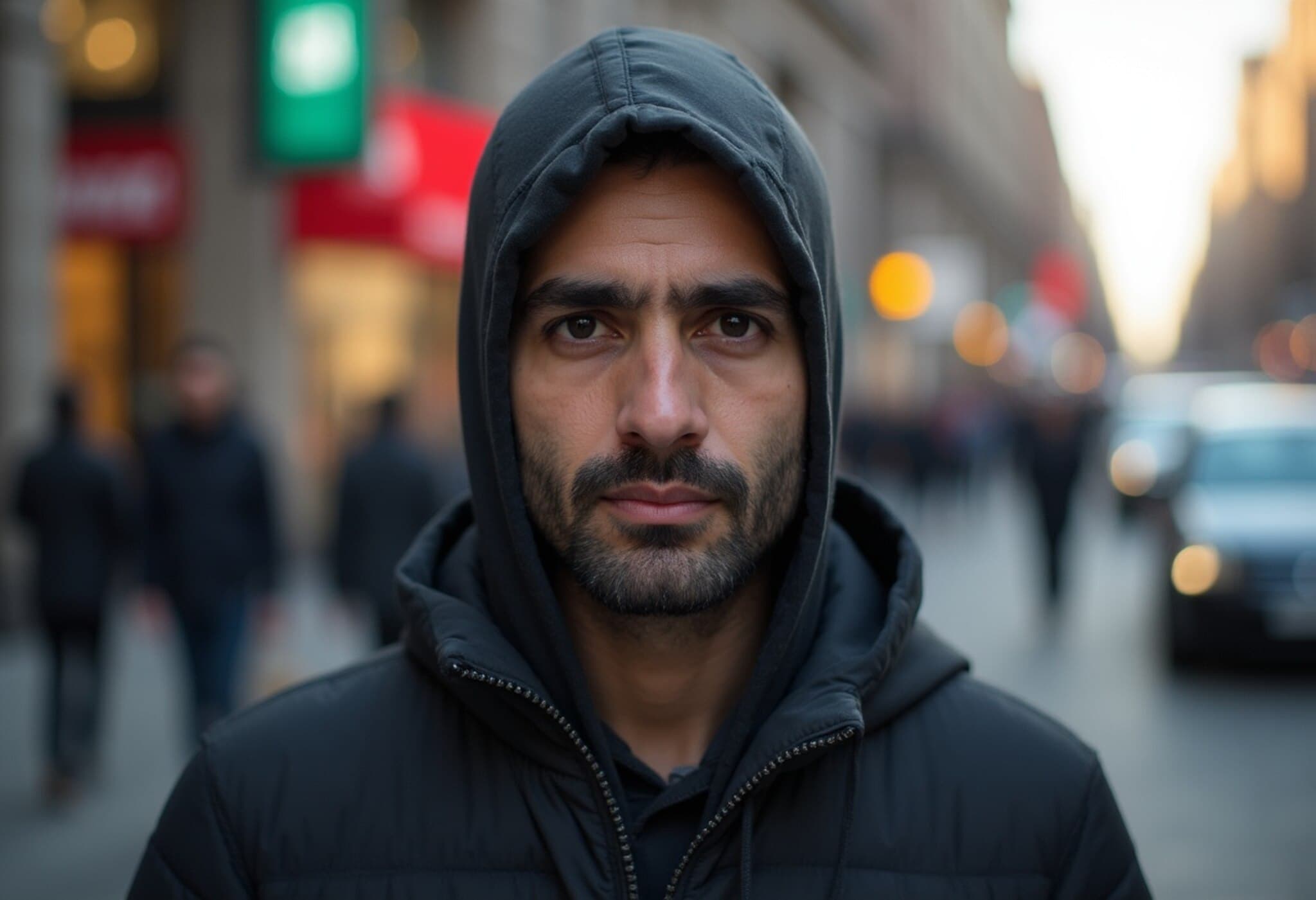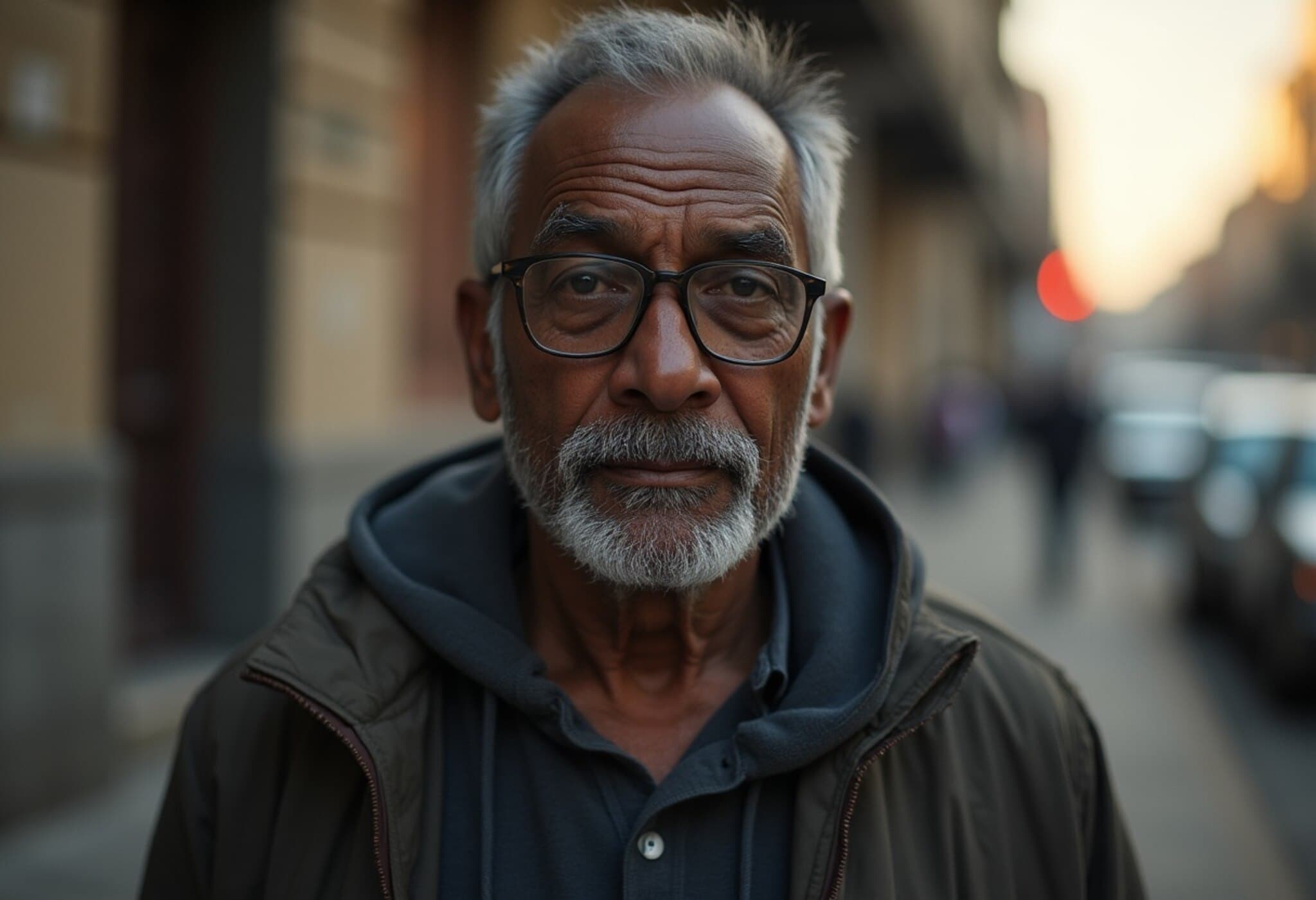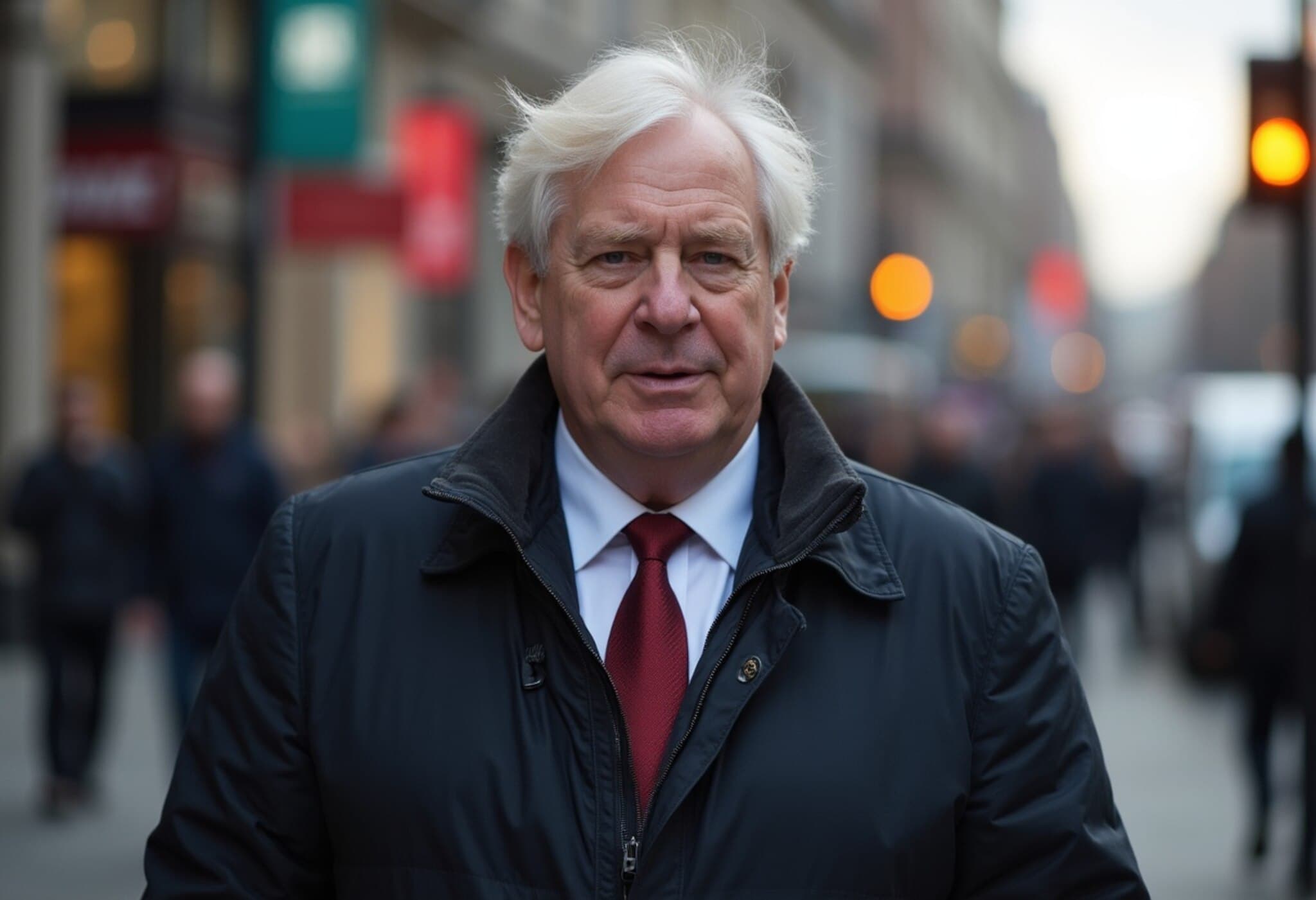Albanese Government Surprised by US Deportation Threat Against Iranian Man
In a development that has raised questions about diplomatic communication and immigration protocols, the Albanese government has expressed surprise and concern after learning that US immigration authorities threatened to deport an Iranian man, Reza Zavvar, to Australia. The incident, unfolding under the Trump administration’s aggressive immigration enforcement agenda, has sparked debate on bilateral coordination and the welfare of migrants caught in complex legal limbo.
Who is Reza Zavvar?
Reza Zavvar arrived in the United States in 1985 on a student visa and was later granted asylum along with permanent residency. Now 52, Zavvar’s current predicament stems from two decades-old misdemeanour charges related to marijuana possession, occurrences that are more than 30 years old—at a time when such charges carry a very different social and legal context. Notably, recreational cannabis has long since been legalized in Maryland, where Zavvar was apprehended.
Zavvar has been living under a 'withholding of removal order' since 2007, a legal provision that bars his deportation because returning to Iran reportedly poses serious risks to his safety. His arrest by US Immigration and Customs Enforcement (ICE) agents in late June, while he was simply walking his dog near his home in Gaithersburg, Maryland, triggered renewed deportation proceedings.
Deportation to Australia? A Shocking Twist
What has particularly shocked observers and the Australian government alike is ICE’s suggestion that Zavvar might be sent to Australia or Romania, countries to which he has no established connection. The application of such a third-country removal order is unusual and appears to lack precedent or established international cooperation in Zavvar’s case.
Legal representatives for Zavvar describe the decision as a "shock and awe" tactic, implying that the Department of Homeland Security (DHS) may have acted prematurely and without sufficient diplomatic coordination. Ava Benach, Zavvar’s lawyer, remarked, "I strongly suspect that DHS was shooting first and asking questions later. I doubt Australia authorized such a move; it seems they just filled in a country’s name on a form." Indeed, a spokesperson for the Australian government confirmed they had no prior knowledge of any such plan and reiterated that visa applications are treated on their merits with no new agreements on immigration deportations with the US under the Trump administration.
Contextualizing US-Australia Immigration Agreements
The last known agreement pertinent to refugee resettlement between the two nations dates back to 2016 under the Obama administration and former Australian Prime Minister Malcolm Turnbull. This involved an exchange where Australia accepted refugees from Costa Rica, and the US resettled asylum seekers from Australia’s offshore detention facilities on Manus Island and Nauru. Importantly, there is no public indication that Zavvar’s case is related to this deal or that Australia has agreed to accept deportees with no ties to the country.
Legal and Human Rights Implications
Zavvar’s deportation order has been temporarily blocked by US District Judge Theodore Chuang, who recognized the complex humanitarian and legal questions at stake. While US immigration policy under the Trump era emphasized strict enforcement and mass deportations, including efforts to send deportees to third countries like Rwanda and others in Africa, the legality and morality of forcibly relocating individuals to nations without personal or legal connections remain contentious.
Maryam Firouzabadi, Zavvar’s sister, expressed the personal toll of the case, highlighting the emotional distress and uncertainty facing families separated by such actions. “He is not a criminal – he is the nicest guy you can possibly imagine,” she said, underscoring the human cost behind immigration enforcement policies.
Expert Insight: Why This Matters
This case shines a spotlight on critical gaps in international migration governance and bilateral communication. Without clear frameworks ensuring deportations respect individuals’ rights and countries’ sovereignty, policies risk undermining trust and humanitarian standards. In the American context, the use of third-country removal is particularly controversial amid ongoing debates about immigration reform, family separations, and the status of asylum seekers.
The situation also raises important questions for Australia’s foreign policy and immigration stance. How prepared is Australia to respond to unexpected immigration pressures arising from external enforcement actions? Will this incident prompt closer diplomatic engagement between Canberra and Washington to define boundaries?
Conclusion
The case of Reza Zavvar serves as a cautionary tale about the complexities of migration law enforcement in a globalized world. As countries grapple with balancing security, humanitarian obligations, and diplomatic relations, the risks of unilateral actions and communication breakdowns become starkly apparent.















